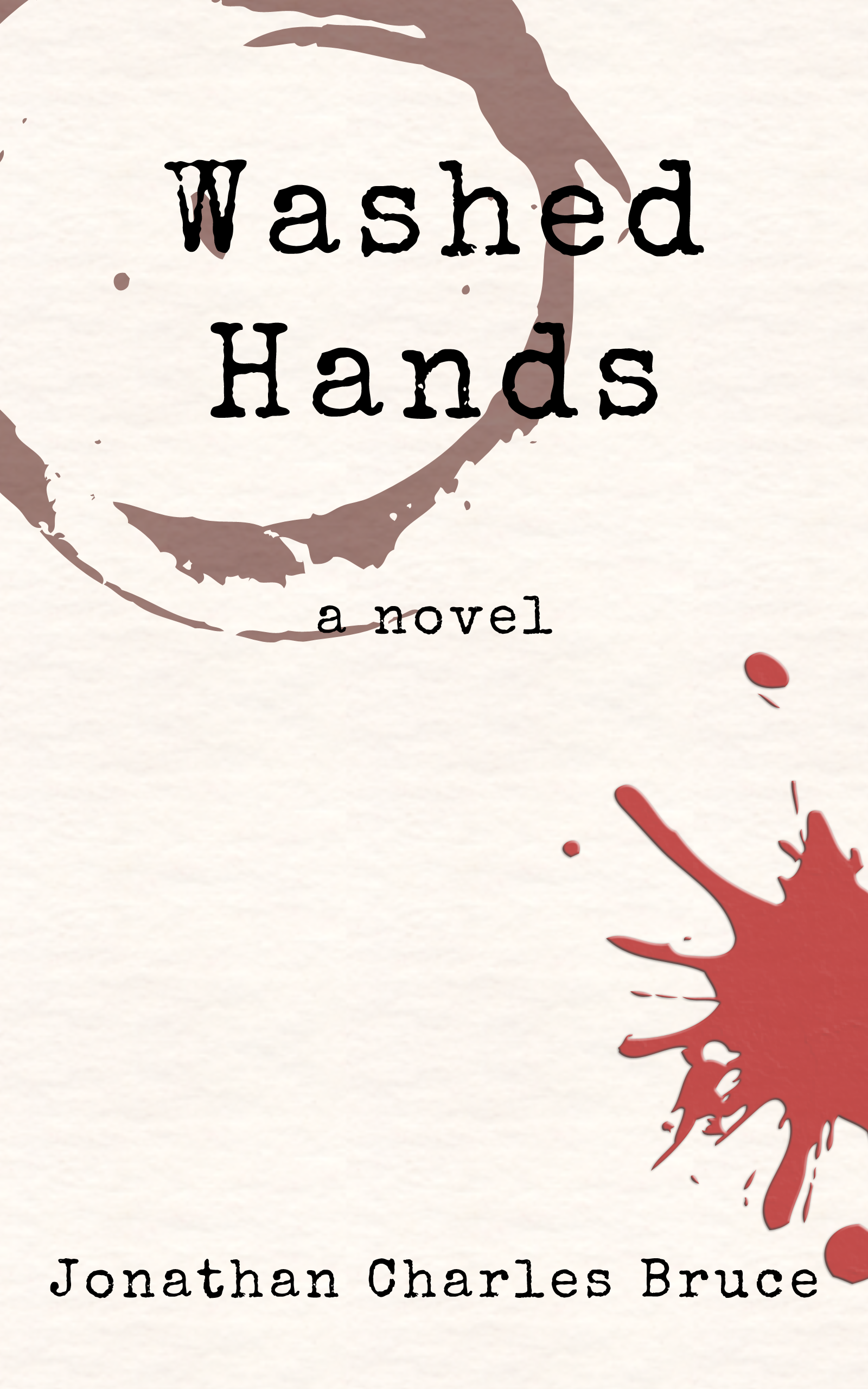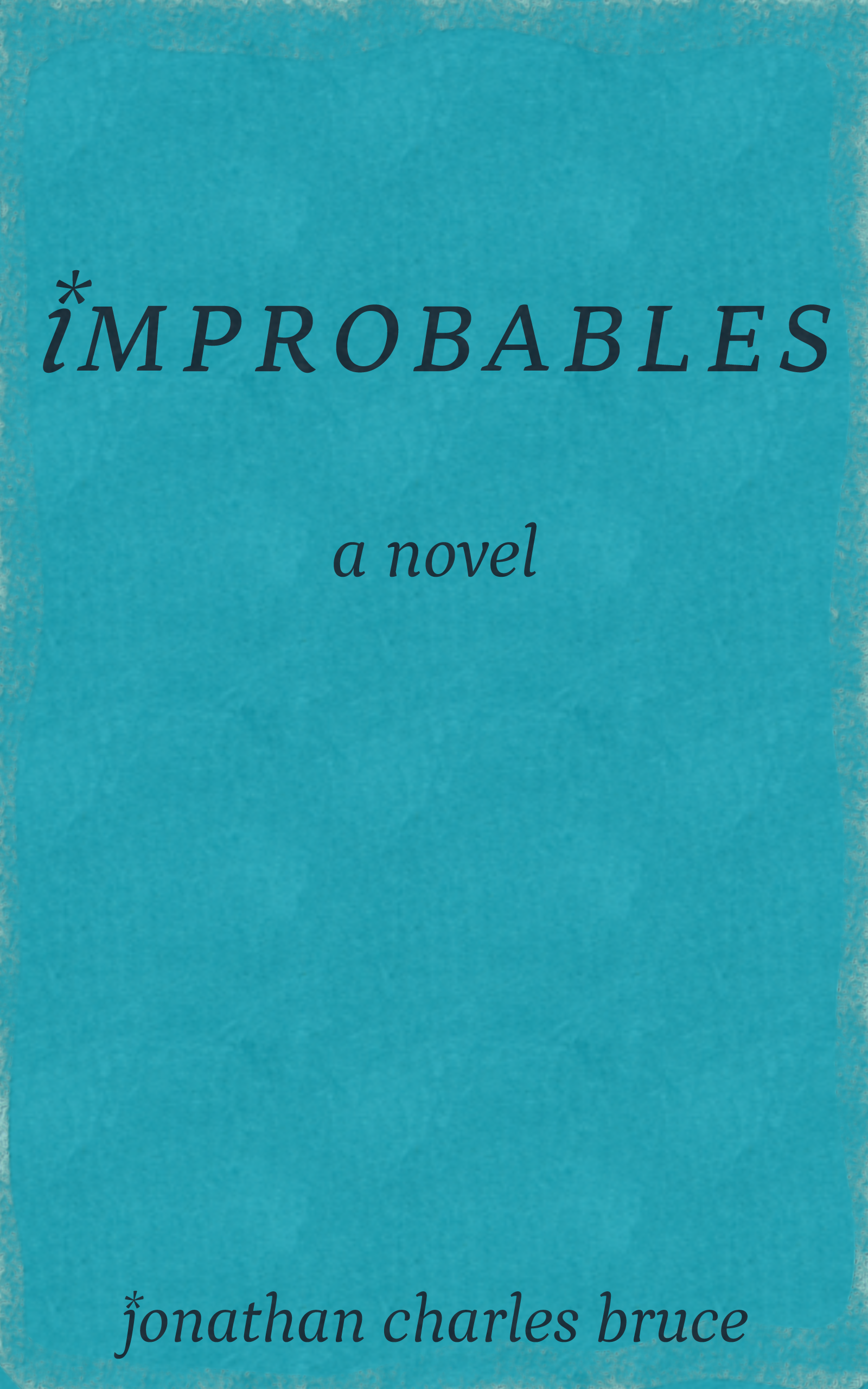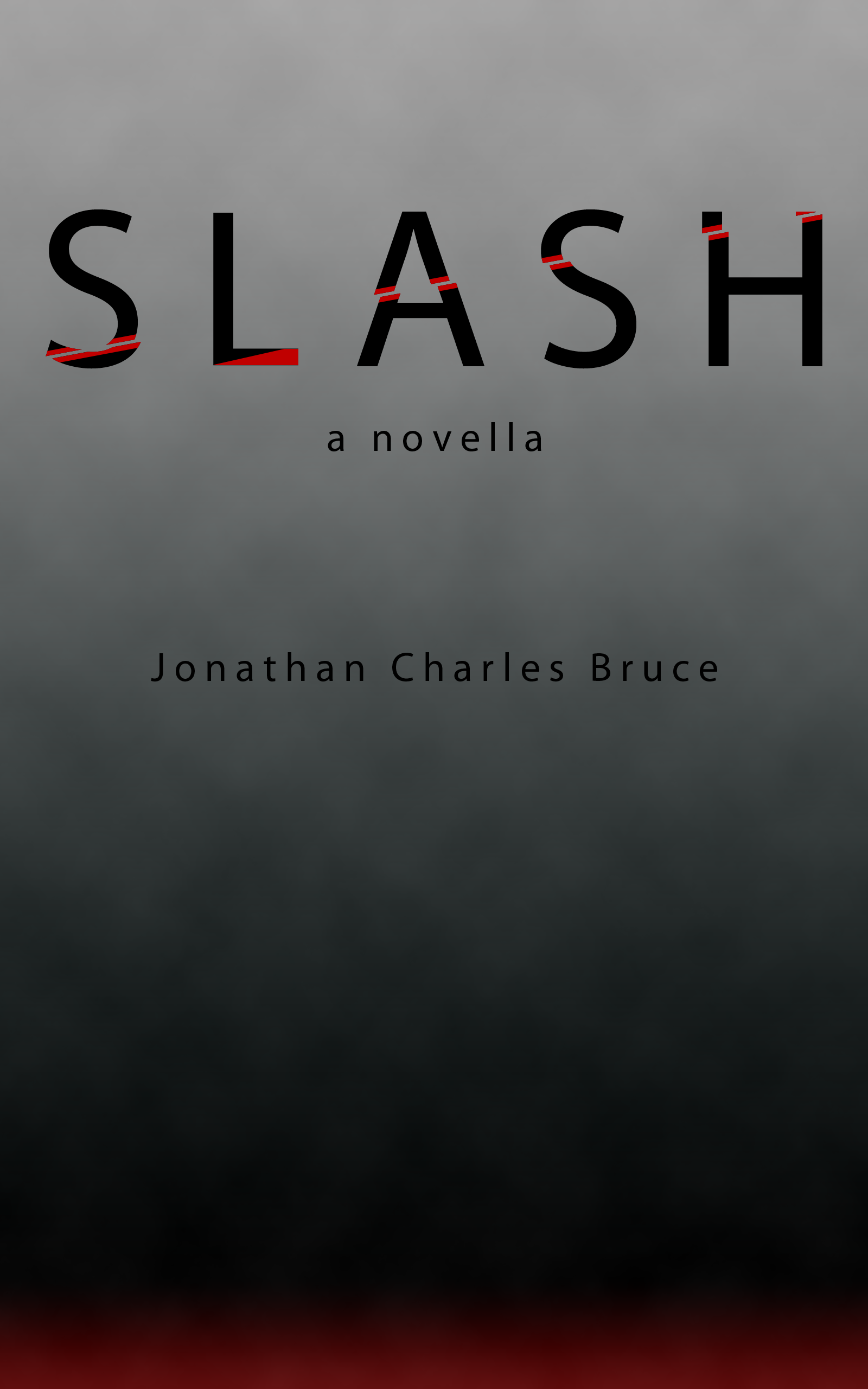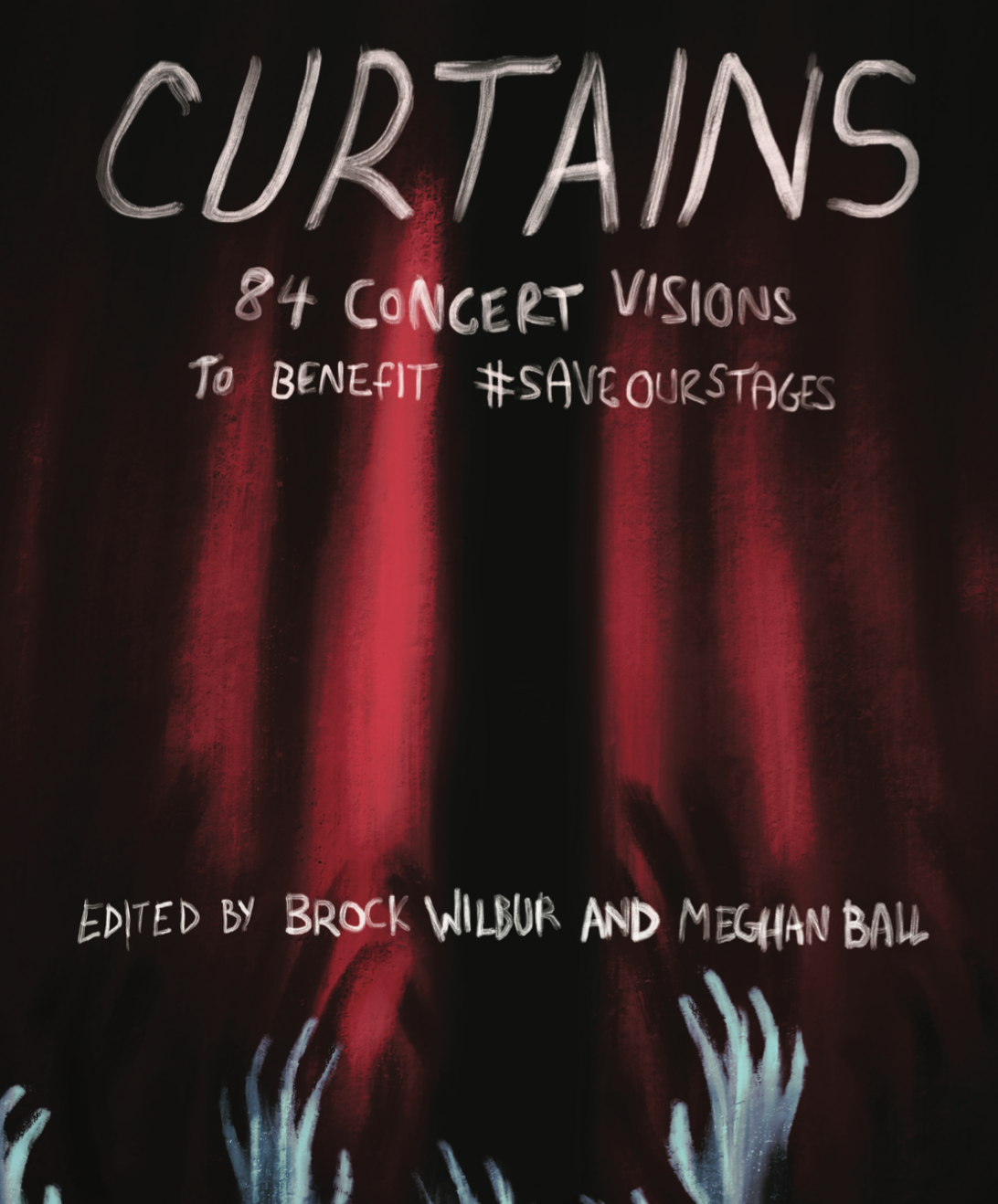Closing in on Northwoods
Project Northwoods is divided into three major parts, for a total story line that weighs in at about 230,000 words in the first draft. For comparison’s sake, go to your book shelf and heft up a copy of either Harry Potter and the Order of the Pheonix or Breaking Dawn (don’t be like that, I know you have at least one of them). My manuscript is slightly smaller than the former and just a touch larger than the latter. Anyway, last week, I finished my second major revision of part two, which means that about 64% of it is ready for copy-editing. That’s a fancy way of saying I’m having someone check to make me sure I grammar good and spell rightly. This essentially means that I’m preparing to let my baby go, stop mucking around with the manuscript, and prep it for whatever my endgame turns out to be.
And that’s an utterly terrifying prospect.
See, the thing is, I love this story. Not in the “this is my baby” sense, but in the “I legitimately think this is entertaining” sense. The problem I’m having is that as long as it is in unfinished form, I can always go back and tinker with it. And when you love something you’ve created, the urge to keep tweaking can be really crippling. I don’t necessarily want to push it out the door if there’s something I can do to improve the narrative.
Which is part of the reason I started putting chapters online. Doing that makes it so much harder to go back and change things outside of minor spelling and grammatical edits. I can’t really make huge changes to the first seven chapters anymore. Basically, I made it so that the only things I can change are either so minor it barely registers as a problem or so catastrophic that suspension of disbelief is threatened.
But back to the main point I’m making: I legitimately want this story to be entertaining. I want people to connect, however briefly, with the emotional heart of the story. I want people to read the action sequences and enjoy them. I want to tell a good story about finding one’s place in the world. And so long as I have access to the manuscript and can continually futz with it, it’s never going to happen. The idea of making something perfect is alluring, almost to the point of just keeping it in a perpetual state of “Almost ready”.
I suppose I do have to ask myself if it’s because of criticism. You know, the idea that I’m putting something of myself out there to be judged by others. But I don’t really fear that. Once upon a time, I legitimately feared being mocked or criticized through the things I wrote. I would chalk up anything not entirely positive as people just being mean. Then, I’d sulk a bit before moving on. I think it took way too long for me to actually be criticized for something - instead just insulted - and because of that, I just learned to equate the two. It took awhile and a lot of growing up, but I fully understand the difference now. And while I don’t look forward to having something torn to shreds, I do anticipate it and hope to learn from it.
All I’m really saying here is that I hope I don’t end up like George Lucas who learned nothing from the legitimate criticism leveled at the prequel trilogy and basically took his ball and went home. While some of the savaging of his recent forays into Star Wars have been just that - you know, savage - he didn’t learn a damn thing because of it. His response to earnest questions is to fold his arms and refuse to acknowledge that anything went wrong. He claims that they were his movies, told his way, and if people didn’t like that, tough. I can sympathize, but I also have to take a step back and realize that an entertainer’s job is to entertain. If something isn’t working, you don’t stick with the act in the hope that it’s the audience’s fault. You adapt or go home.
The idea of telling the story I want told is the biggest thing I can relate to in his whole tirade. I have a very vivid idea of what I want Project Northwoods to look like. Not to the point of Tolkein-esque hyper-description, but there are certain things that I want people to share with me. Which means going through and finding areas where I feel that I need to add some extra dialogue, or a sentence of description, or re-writing an entire passage to better reflect a character’s personality. If I felt that Lucas’s pouting was actually based on this (which I can’t really convince myself is the case), I’d be a lot less likely to think he’s just being a child. Whether or not he actually feels that he told the story his way in the best way possible is moot, because like most things, this comes down to me. I personally feel like I can’t really let Northwoods go until I know that it’s been scrubbed enough times to make it shine... if you don’t mind me mixing my metaphors.
“But wasn’t this thing based on a play? Didn’t this whole ‘want this thing to shine’ or whatever happen to you before?”
Thank you disembodied voice which I have yet to exorcize from my computer. Project Northwoods did indeed start as a play. When I was writing Project Northwoods: Of Heroes and Villains (as the stage play was annoyingly called), I had a clear idea in my head of what I wanted to see and hear in very, very broad strokes. That’s the thing with plays. They tend to evolve without you. This was the sixth play I wrote, so by that time I had a lot of experience with the division between page and reality. And believe me, no play is ever done verbatim off the page, no matter what that fuck Neil Simon demands.
You write dialogue and stage direction, and then you have actors who do their best to fulfill what you have written. Sometimes the dialogue doesn’t work the way it’s written - it’s either too clunky or the actor has trouble with it or it’s (surprisingly enough) out of character - and a quick adaptation needs to be made. Sometimes the blocking is a mess or isn’t even mentioned at all - the director and actors need to adapt to it. Plays, when written properly, are the skeletons to a story. They can have a lot more to them than just the basics, but they should allow an actor and director the freedom to make the characters and setting their own.
To a limited extent, books do that, too. They have to. Characters, as long as they’re acting the way they have been written to act, will add a certain charm to some scenes while remaining awkward in others. An author attempting to force one of their characters to do something which would normally be anathema to their personality is rightly called out for failing to tell a good story. But, at the end of the day, an author is playing all parts of the show. They are the director, the star, and all the support cast. And anything good or bad can be laid at their feet. Blame and praise can be shifted for an ensemble production; not so with a solo performance.
Getting back on track, with the unmitigated freedom to have characters do exactly what I want them to and say what I need them to, the manuscript teeters on the precipice between “finished but needs tweaking” and “finished”. Of Heroes and Villains was going to mutate wildly between the time I stopped writing it and when it was performed months later. Project Northwoods is going to be set in stone, relatively unmovable. There won’t be a director’s cut to shoehorn in removed elements, nor will there be a bonus DVD talking about all the great ideas I wanted to shove in but didn’t have the time to do it.
It kind of sucks.
I suppose at the end of the day, it all comes down to basically wanting to tell my story my very specific way, or if I want to tell a story that I hope people enjoy. I mean, the two aren’t mutually exclusive by any stretch of the imagination. But if I had to choose one, I’d want it to be the latter. I want people to enjoy what I have written, talk about it, interpret it in a variety of ways. I want people to love it, to hate it, to shrug and say “Meh. It was alright, I guess.” The important thing to me is not making sure that some grand message I have successfully smothers the audience with its profundity. It’s that I want people to enjoy it. I want people to walk away from it entertained or, at the very least, not unhappy with how they spent the time with my characters. And if I failed, I’d like to know what I can do to maybe become a better author and, further, a better entertainer.
Despite this, I still feel like I have to strike a balance. I want the story told to say everything I want it to. I want it to be devoid of plot holes and be internally consistent. But if I spend too much time worrying about it, I’ll be caught up in the details and unable to enjoy the process of creation. I’ll be forever caught up in trying to find every last unnecessary comma splice, every awkward passage, every unsuccessful attempt at humor. I’ll try to anticipate what questions may arise and answer them before any can ask. I’ll be caught perpetually reducing and expanding the narrative, rather than making something to be enjoyed. And the thought of dedicating so much of my future to the elusive idea of ‘perfection’ is pretty frightening.
So that’s why this is really it. When I’ve finished the last third of the book, I’m done. No more going back and adding passages or removing description unless an editor tells me to. I will have said everything I want to say and if something else crops up - unless it is vital (as in without this, the plot makes no sense) to the overall story - it’s just going to have to go unmentioned. Really, this attitude isn’t just for me in the long run. If people start reading my work, they sure as hell wouldn’t like it if I kept bringing out new versions claiming I got it right this time.
Not to just pick on George Lucas, but you can see how frustrating this kind of behavior is for people who consume media. Every new iteration of Star Wars is a ‘touched-up’ version with a slight variation of what we already loved. The new materials add nothing to the plot or make it more interesting - they just clutter up an adventure story which many of us know by heart.
But I can give old George a reprieve here, as he’s not really the only culprit. Video game companies do this, too, but the biggest guilty party is Capcom. Growing up, I loved the Resident Evil series - it got me into horror. After releasing the first game, which was lightly censored in America, they promised to bring out a new edition which restored the gory glory to the introduction. The day it came out, I was there, absolutely sure that my parents’ money was going to be well spent. At the last minute, though, they put back in the censored intro but kept all the extra, largely useless, bits and bobs.
Sure, that was a low blow, but it was nothing compared to the ultimate insult of the release. The money went to a product which was advertised as breathing new life into an old classic, but all it did was add some stupid costumes and camera angles. No new plot information. No revelations about the evil company. They didn’t even replace the shitty voice actors with people they didn’t bribe from off the street with sandwiches. Just brighter costumes and a demo for the sequel. Way to show respect to your audience.
Capcom would go on to continue milking the series for every last penny they could get out of it, rehashing the same game about a billion times before bringing out a sequel which would eventually be rendered obsolete with the “special, for real this time, edition” released a year or so later. It was infuriating before I caught on to their game plan. I really want to have the finished product when I pay for it the first time - repeatedly throwing money at people who do the minimum amount of work possible for you gets old really fast.
Long story short, after the final round of major revision and copy-edits, that’s it. The final edition will be available. Although, to be fair, I’m not sure what that means at the moment. Maybe I’ll start just throwing more chapters online and hope people start sharing it on Facebook. Maybe I’ll unleash it on Kindle. Maybe I’ll start mailing it to the police and newspapers chapter by chapter and see how long it takes for them to catch on.
Who knows? Who cares! I’ll have completed something I love and maybe you’ll love it too.
< PREVIOUS ENTRY • NEXT ENTRY >
Advice • Fiction • Gaming • General Musings • Reviews





